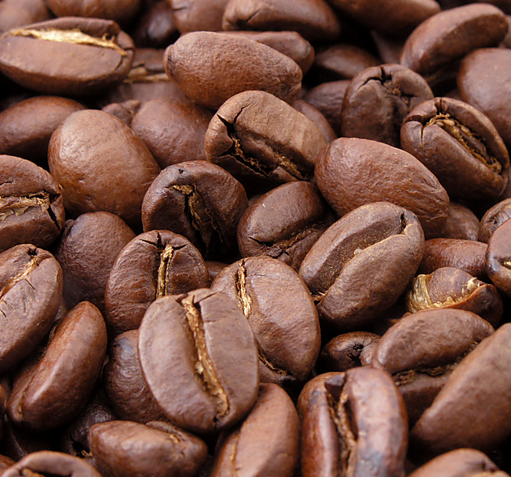UK SMC: Scientists published in Nature Neuoscience today have concluded that caffeine enhances long-term memory by improving the process of memory consolidation.
Read a report on the findings from National Geographic.
Our colleagues at the Science Media Centre in London rounded up reaction to the research from UK-based experts.
 Dr Ashok Jansari, Reader in Cognitive Neuropsychology, School of Psychology, University of East London, comments:
Dr Ashok Jansari, Reader in Cognitive Neuropsychology, School of Psychology, University of East London, comments:
“This research shows that caffeine is better than placebo for enhancing memory in certain situations, but there are two key points to make. The first is that whilst there is a dose-dependent effect, it tails off after doses of 200mg so it may well not be the case that ‘more is better’. I would definitely not advise that people start taking in as much caffeine as possible since in terms of memory anything above 200mg may not help much and if you take too much caffeine there could be negative consequences for the body.
“The second key point is that taking caffeine does not seem to make you better at remembering all past events, rather if you take it immediately after trying to ‘lay down a memory’, it will help you do so. The difference seems to be in terms of being able to discriminate what did happen (e.g. seeing a particular flower) from a similar event (e.g. seeing a different flower). So it is not necessarily an overall effect of remembering everything better. I would describe it as caffeine seems to sharpen the way you lay down memory traces so that you can tell later on whether your memory is correct or not.”
Dr Anders Sandberg, James Martin Research Fellow, Future of Humanity Institute, University of Oxford, comments:
“The paper by Borota et al. looks at whether caffeine can improve long-term memory, in particular memory consolidation. Normally when we learn things the traces are first stored in the brain in a more volatile form that can easily be disrupted by distractions, before slowly consolidating into permanent memories. That caffeine can help learning to some extent has been known for a long time, but whether it does that simply by perking up the user (making the initial attention or encoding better) or also by effects on the consolidation was not known. The paper demonstrates that giving caffeine after seeing images does improve recognition of them 24 hours later, supporting the idea that it helps the brain consolidate the learning.
“However, there was no straight improvement in recognition memory thanks to caffeine. Rather, the effect was a small improvement in the ability to distinguish “lures”, new images that looked like old, from the real old images. Still good, but not as impressive as improving the basic performance.
“A problem with this kind of study is that we are too good at recognition memory: it is much easier to tell whether you have just seen something before than recall all the details. This is why the lures were used. It might be that doing the same experiment with recall might show a different effect.
“So, is this study a good reason to drink coffee or take caffeine pills? Normally when we think about how we would like to enhance memory we want to be able to recall things like names or facts, not just recognize a person or thing as familiar slightly better. Caffeine may still be helpful for paying attention to what you are studying and hence help your encoding, but the best way of boosting consolidation is sleep… which might be a problem in this case, if you take the caffeine too close to bedtime.
“There is another, morally relevant, enhancement issue: improving the ability to tell apart things that were actually seen and things that merely look like them does matter in witness testimony. But before we ask witnesses to take a caffeine pill after seeing a crime we should recognize that mere stress often acts as a memory enhancer – and piling on too much stimulation impairs performance.”
* ‘Post-study caffeine administration enhances memory consolidation in humans‘ by Borota et al. will be published in Nature Neuroscience at 18:00 UK time on Sunday 12th January, which is also when the embargo will lift.